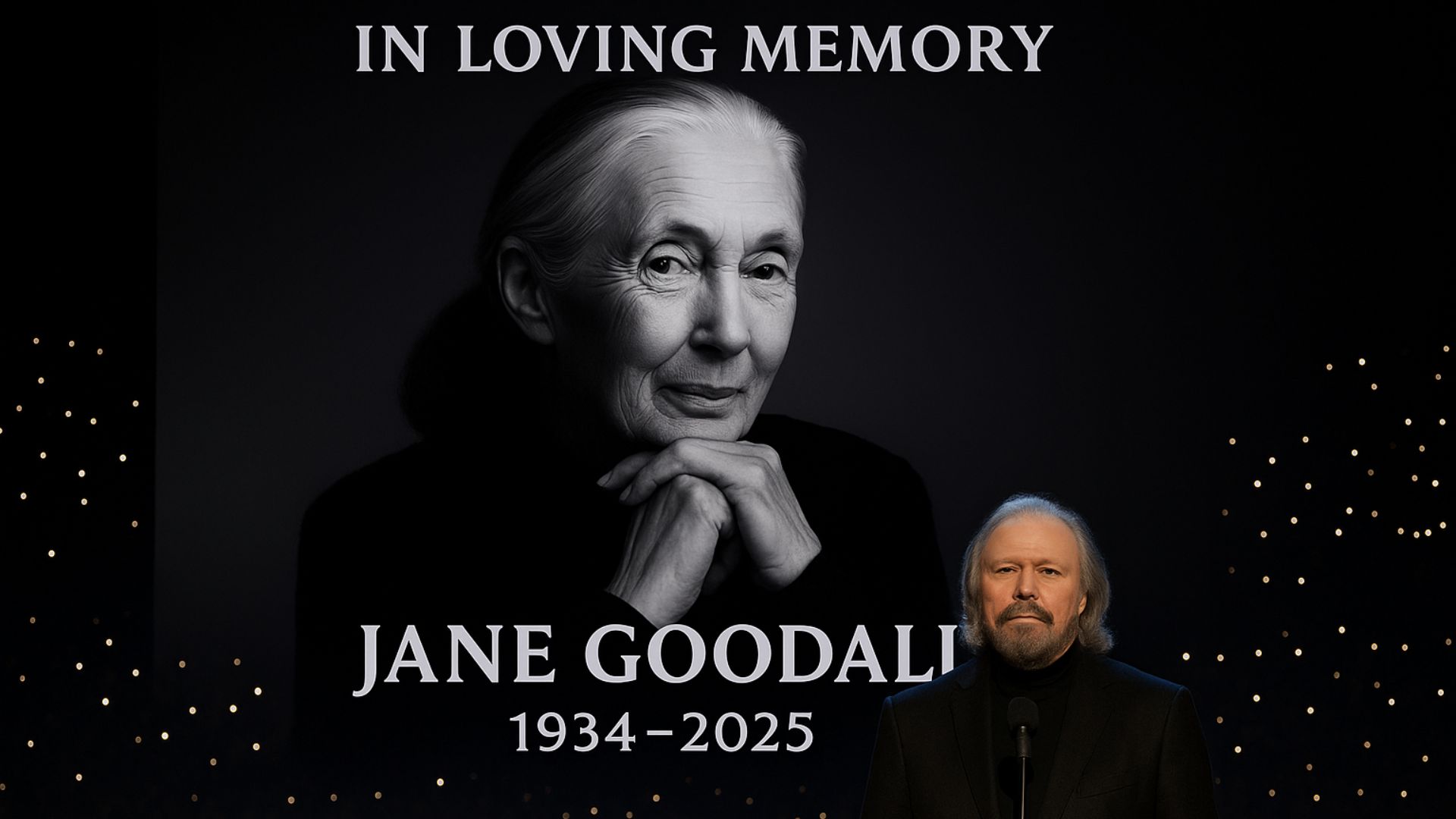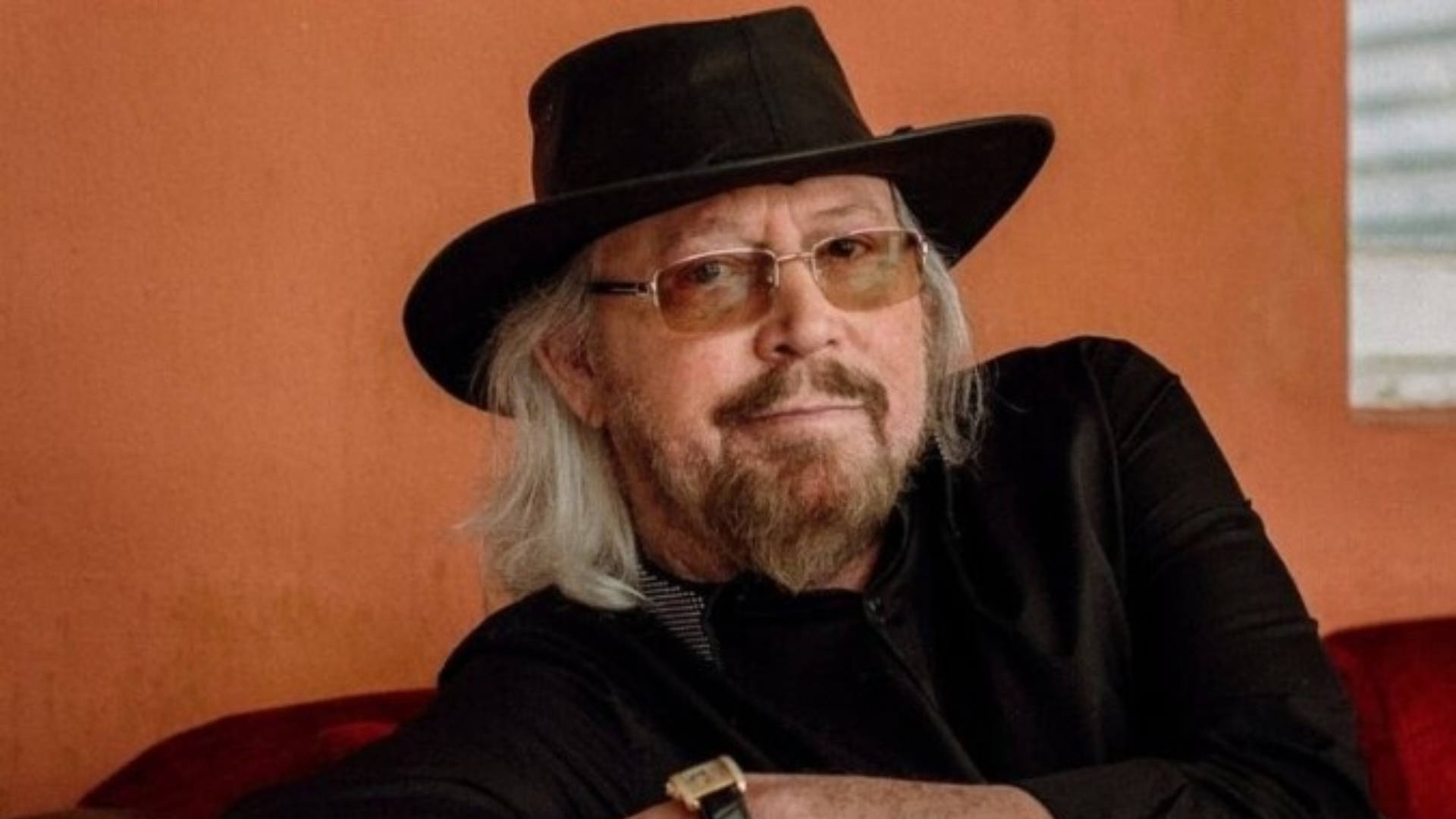
When the Bee Gees released “Too Much Heaven” in 1978, the world was already dancing to their rhythm. But this song was something different — not a disco anthem, but a hymn. It was the sound of three brothers — Barry, Robin, and Maurice Gibb — slowing down the beat to reveal the heart beneath the glitter. With “Too Much Heaven,” they reminded the world that beyond the lights and fame, their true legacy was love — pure, timeless, and eternal.

From the opening harmonies, the song feels like a sunrise. Barry’s falsetto glides gently above Robin’s and Maurice’s warm undertones, creating a blend so smooth it seems almost otherworldly. The melody rises slowly, like breath, delicate yet powerful. There’s no rush here — every note unfolds with patience, grace, and deep emotion.
Lyrically, “Too Much Heaven” is simple but profound. “Nobody gets too much heaven no more, it’s much harder to come by, I’m waiting in line…” It’s a line that speaks to the scarcity of true love and compassion in a world that often forgets both. The Bee Gees were writing not about romance alone, but about something larger — the struggle to hold onto kindness and light in a world that can feel dim.
When Barry sings, “Love is such a beautiful thing,” it doesn’t feel like a cliché — it feels like truth. His falsetto, shimmering and sincere, turns the line into something sacred. The brothers’ harmonies swell behind him, not overpowering but surrounding him like wings. Together, their voices create a sound that is both human and celestial, reminding listeners that love — in all its forms — is the closest thing we have to heaven.
Musically, the song is lush and meticulously crafted. The arrangement, led by Barry and the brothers, pairs silky orchestration with a gentle groove. Strings sigh in the background, the rhythm moves like a heartbeat, and every harmony feels perfectly placed. It’s sophisticated pop — elegant, emotional, and deeply spiritual.
But what makes “Too Much Heaven” even more remarkable is the spirit behind it. The Bee Gees donated all royalties from the song to UNICEF, turning its message of love into a real act of generosity. When they performed it at the 1979 Music for UNICEF Concert, it was more than a performance — it was a gift to the world. In that moment, their music became what it had always aspired to be: not just entertainment, but compassion in motion.
For Barry Gibb, this song represents one of his finest vocal achievements. His falsetto here isn’t showy — it’s emotional. It carries tenderness, humility, and faith. You can hear the brotherhood in every harmony, the shared breath, the deep understanding that only years of making music together can create.
Decades later, “Too Much Heaven” still feels like a prayer. It doesn’t belong to an era; it belongs to the heart. It’s been sung at weddings, memorials, and quiet moments between lovers — anywhere people need to be reminded that love, however rare, is worth waiting for.
In the end, “Too Much Heaven” is more than a love song — it’s the Bee Gees’ philosophy made music. It speaks softly, with warmth and hope, reminding us that love is the one thing we can give endlessly without losing it.
And as Barry’s final falsetto note fades into the air, it leaves behind a silence filled with light — the sound of three brothers reaching for something eternal, and, if only for a few minutes, finding it.